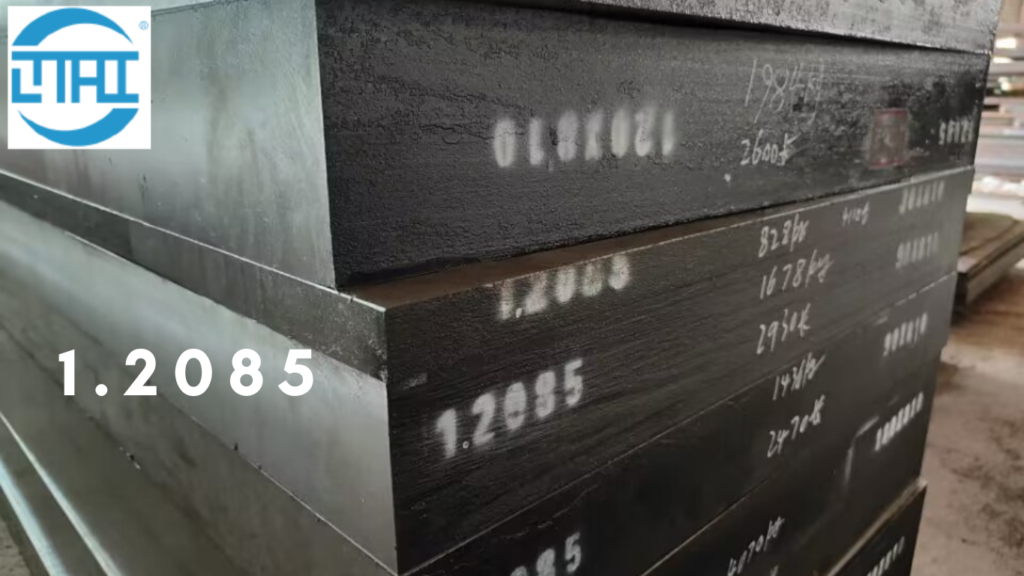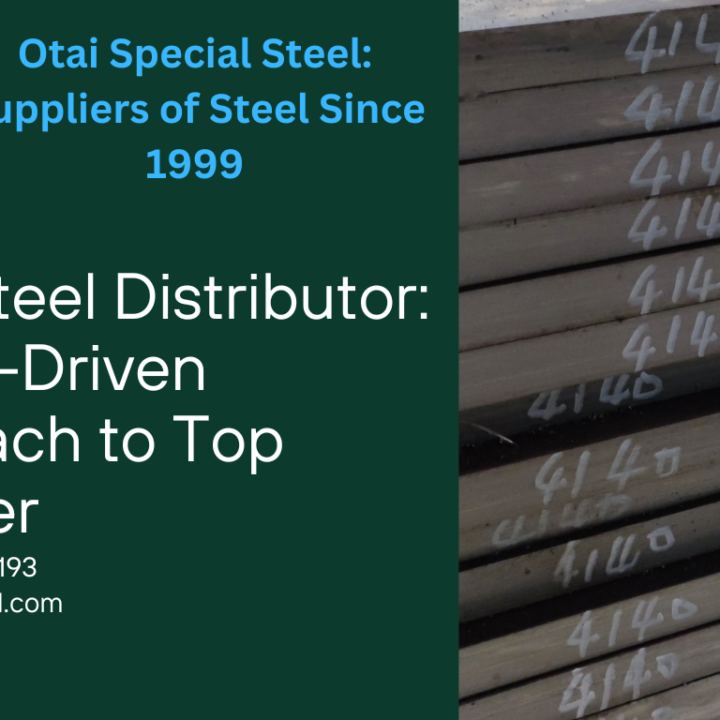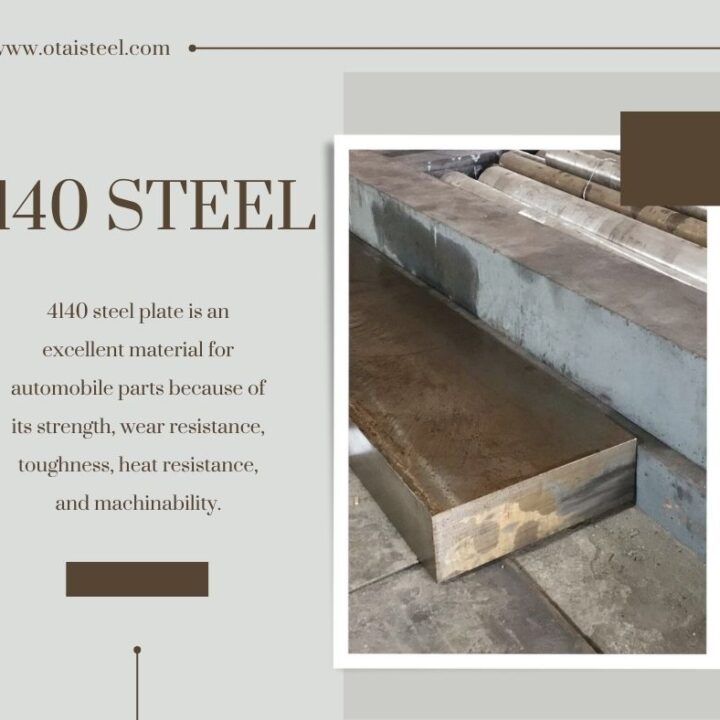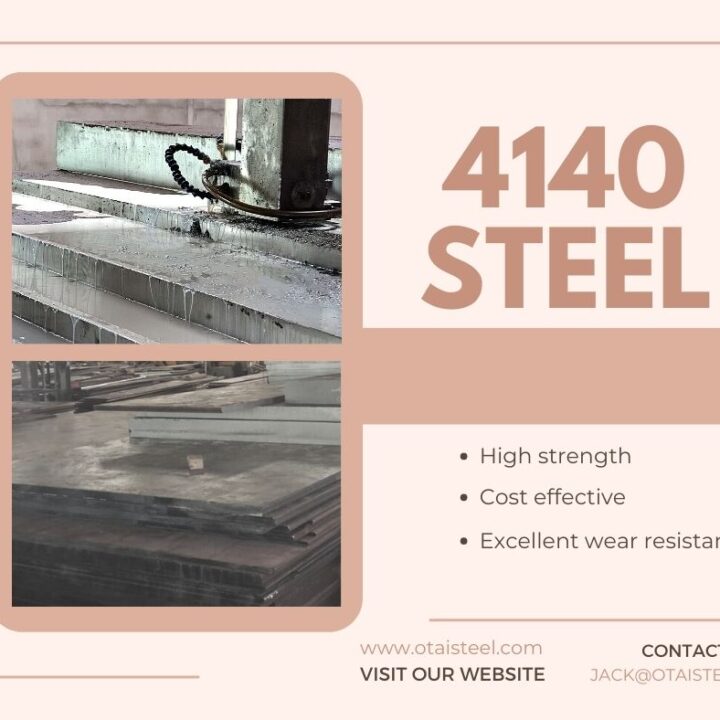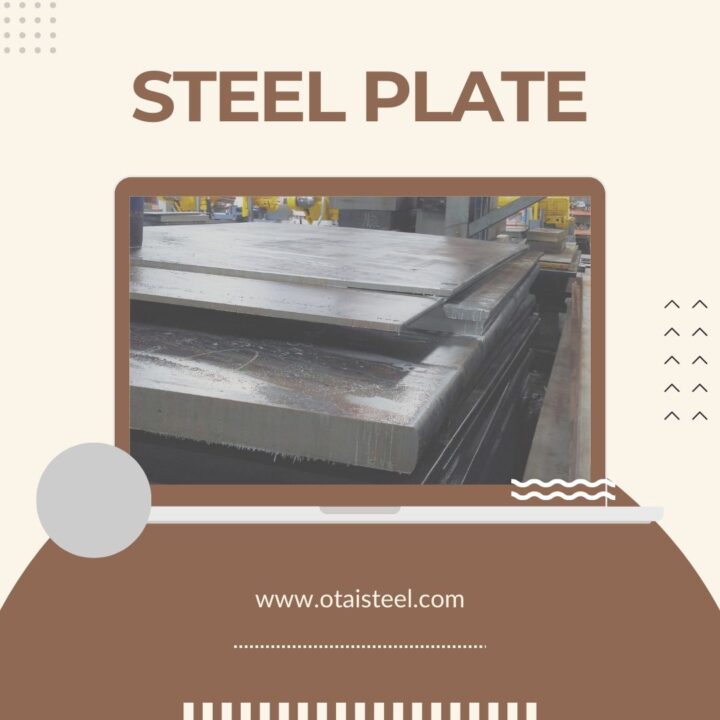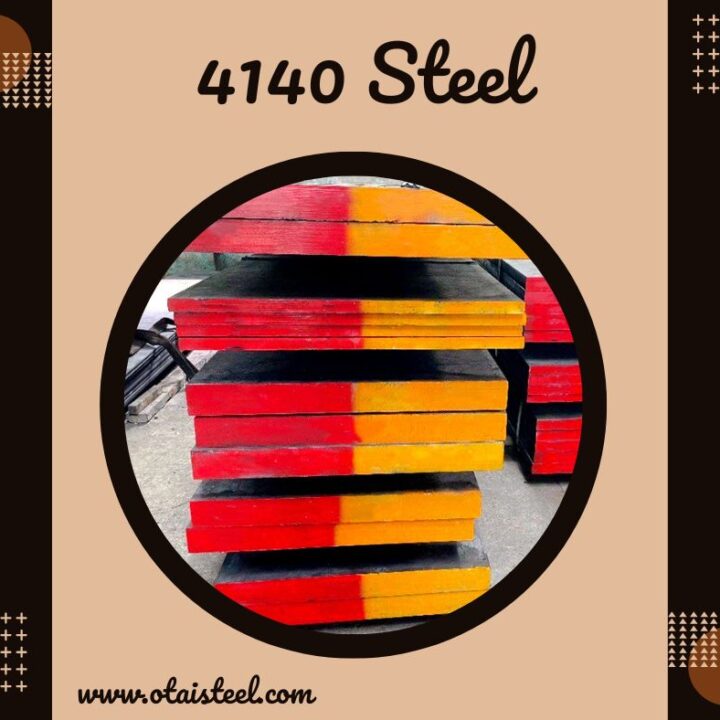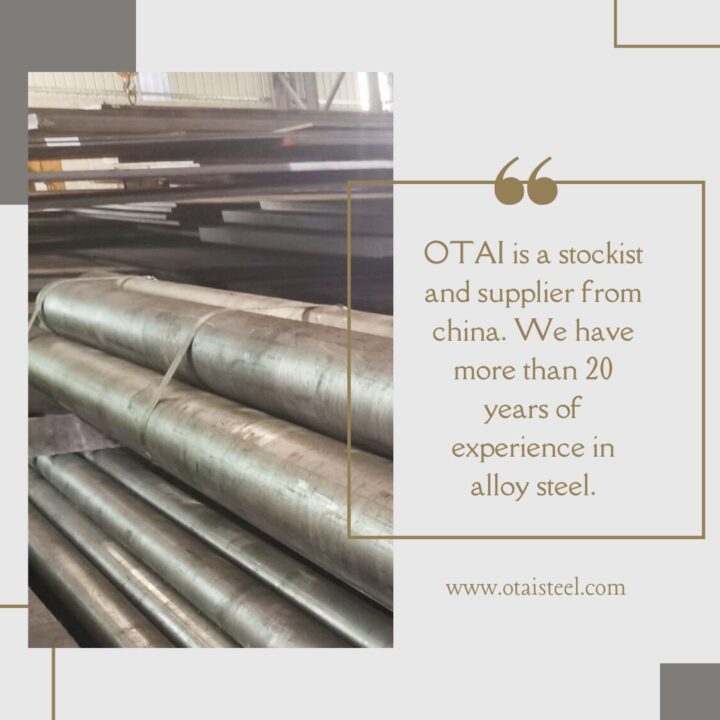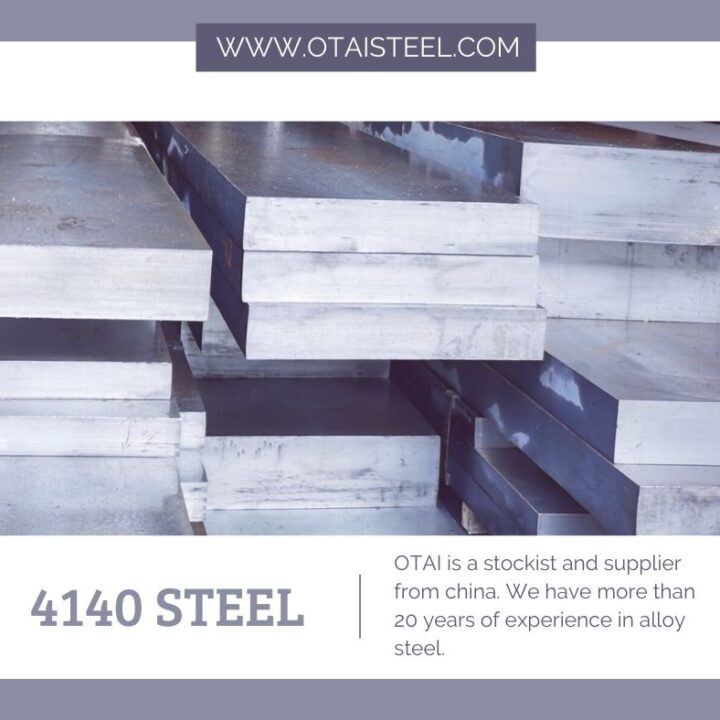What is 1.2085 (X33CrS16) Steel?
1.2085 (X33CrS16) steel belongs to the family of corrosion-resistant martensitic stainless tool steels. It has found widespread usage in tool manufacturing, plastic mold production, and the fabrication of cold work tools. When subjected to the appropriate heat treatment, this steel exhibits a mirror-like finish.
Keywords and Synonyms: Apart from being known as 1.2085, this steel is also referred to as X33CrS16.
1.2085 (X33CrS16) Steel: Unveiling Its Potential
In terms of chemical composition, 1.2085 (X33CrS16) stainless steel contains approximately 0.28% to 0.38% carbon and 0.15% to 0.17% chromium. These constituent elements endow it with remarkable corrosion resistance and wear resistance.
This material possesses excellent machinability, toughness, and wear resistance. However, its weldability is relatively poor due to its air-hardening properties. Welding 1.2085 stainless steel necessitates preheating to temperatures between 149-204°C, followed by a 2-hour tempering process at this temperature.
Applications Across Industries: Where 1.2085 Shines
1.2085 (X33CrS16) material finds extensive applications across various sectors, including but not limited to:
- Food Industry Molds: Due to its corrosion resistance, 1.2085 material suits the crafting of molds that come into contact with food products well.
- PVC-related Applications: It excels in environments where it encounters corrosive materials such as PVC.
- Dental and Surgical Instruments: The high degree of corrosion resistance exhibited by 1.2085 mold steel makes it an ideal choice in the realm of medical instrument manufacturing.
- Templates and Frameworks: Manufacturers employ it in fabricating molding frames that can withstand high pressure and abrasion effectively.
- Chemical Corrosion-resistant Plastic Molds: 1.2085 material plays a pivotal role in molding operations involving chemically corrosive plastics or humid conditions, thereby reducing the need for mold maintenance.
- Structural Components and Injection Molds: Its versatility extends to the production of structural components and injection molds.
- Valves: It is applied in the manufacture of steam and water valves.
- Base Plates: 1.2085 material is extensively utilized in the production of corrosion-resistant, high-strength base plates.
Cold Working and Forging Recommendations:
As a buyer, it’s essential to note that 1.2085 (X33CrS16) steel can only undergo mild cold working. Careful handling during free radical forming operations is necessary to prevent cracking. For producers, this means it is important to understand the limitations and possibilities of this steel when forming it for various applications.
Heat Treatment Recommendations:
Before purchasing 1.2085 steel, understanding the nuances of heat treatment is crucial. Factors like temperature, cooling rates, and soaking times can vary based on component shape, size, furnace type, quenching medium, and workpiece transfer facilities. Should you encounter any challenges during the processing, don’t hesitate to consult OTAI for comprehensive guidance on heat treatment protocols for 1.2085 stainless steel.
Strengthening Techniques:
For consumers looking to enhance the performance of 1.2085 steel, the standard approach involves heating it to temperatures ranging from 1000-1050°C and subsequently quenching it in oil or air. This specialized process significantly boosts the material’s hardness and strength, making it suitable for a wide range of applications.
In summary, becoming an informed buyer in the steel industry requires not only an understanding of the properties and applications of materials such as 1.2085 (X33CrS16) steel but also an awareness of the importance of specialist knowledge, language skills, and content creation skills. If you want easy access to help, then OTAI is your trusted partner!
